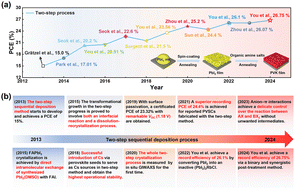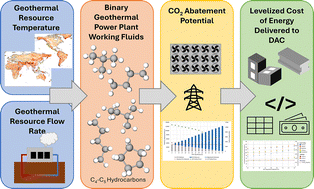Cleaning and Maintaining Your Kitchen Appliances
The first step in properly caring for your appliances is knowing that the line between cleaning and maintaining is often very blurred. The simple act of cleaning regularly can extend the lifespan of your appliances by years. Read on for more tips on how to keep your major kitchen appliances in tiptop shape. The post Cleaning and Maintaining Your Kitchen Appliances appeared first on Redfin | Real Estate Tips for Home Buying, Selling & More.


Cleaning kitchen appliances the right way keeps your kitchen running smoothly and your appliances lasting longer. From your refrigerator to your stovetop, knowing how and when to clean each item helps prevent breakdowns, odors, and even energy waste.
Maintenance and cleaning often go hand in hand. A quick wipe-down today can prevent major issues tomorrow. Whether you’re moving into your first home or just trying to stay on top of chores, this Redfin guide will explain how to clean and care for your kitchen appliances, ensuring a long-lasting, functional kitchen.

Why cleaning kitchen appliances matters
Keeping kitchen appliances clean isn’t just about appearances; it directly impacts your home’s hygiene, energy efficiency, and the lifespan of the appliances. A dirty refrigerator or microwave can harbor bacteria, while clogged coils or filters can cause machines to overwork and wear out faster. Regular cleaning saves money on repairs and ensures your appliances run smoothly for years to come.
How to clean a refrigerator
Your refrigerator plays a vital role in keeping food fresh and is one of the most essential kitchen appliances to keep clean.
- Clean shelves and drawers weekly with warm, soapy water or vinegar to prevent odor and bacteria buildup.
- Wipe door seals to maintain energy efficiency and prevent cold air from escaping.
- Vacuum condenser coils every 6 months to help your fridge run efficiently.
- Set the temperature between 37°F and 40°F for safe food storage.
- Watch for signs of trouble, like frost buildup or spoiled food. These could mean it’s time for a repair or replacement.
How to clean a dishwasher
The dishwasher takes care of your dishes, but to keep it running smoothly and smelling fresh, it needs regular cleaning too.
- Clean the filter weekly. Rinsing it under hot water easily removes trapped food particles.
- Wipe down the door seals and edges to prevent the buildup of mold and food residue.
- Run a monthly cleaning cycle using dishwasher cleaner or a cup of vinegar on the top rack.
- Check and clear the spray arms of clogs to ensure proper water flow.
- Watch for signs like cloudy dishes or standing water; these could mean drainage or heating issues.

How to clean an oven and stovetop
Ovens and stovetops can get messy fast, so cleaning them often is the best way to stay on top of it.
- Wipe spills immediately with a damp cloth once the surface cools. If you cook daily, your stovetop will benefit from a daily wipe-down.
- Remove oven racks and clean them with warm, soapy water or a baking soda paste.
- Use the self-cleaning function sparingly; overusing this feature can wear down components.
- Clean gas burners or electric coils regularly to prevent uneven heating.
- If you notice smoking, strange smells, or inconsistent temperatures, it may be time for service.

Tips for cleaning smaller kitchen appliances
Lastly, remember to clean your smaller appliances; even the smaller ones work better when they’re fresh and clean.
Microwave
Steam-clean by microwaving a bowl of water with lemon slices or vinegar for 2–3 minutes to loosen grime. You’ll be able to wipe the interior, turntable, and door seals with a damp cloth to remove food residue much more easily after. For the exterior, clean with a mild cleaner and soft cloth daily. If food heats unevenly or the buttons stop responding, it may be time for a repair.
Coffee maker
Often, a simple mixture of equal parts vinegar and water is all that’s needed to restore coffee machines to pristine condition. Pour this mixture into the reservoir of your coffeemaker and run it through the machine as you would a pot or cup of coffee. Follow up by running just water through until the vinegar smell disappears.
Toaster
For your toaster, use a cloth dampened with vinegar to shine the stainless steel exterior. Some toasters feature a removable tray that allows you to easily extract crumbs and eliminate buildup. If not, turn your (unplugged) toaster upside down over the sink to shake out crumbs.
Blender
Blenders quickly build up residue from smoothies, sauces, and soups. Rinse the pitcher immediately after use to prevent sticking. For a deep clean, fill it halfway with warm water and a drop of dish soap, then blend for 30 seconds before rinsing. Occasionally, disassemble and clean the blade, lid, and gasket to prevent mold and odor buildup.

FAQs about cleaning kitchen appliances
What’s the best method for cleaning kitchen appliances?
Use warm water, mild dish soap, and a microfiber cloth for most surfaces. For tougher grime, a baking soda or vinegar solution works well. Always unplug appliances before cleaning.
How often should I be cleaning kitchen appliances?
Large appliances like refrigerators and ovens should be cleaned at least once a month. Small appliances, such as microwaves, coffee makers, and toasters, benefit from weekly wipe-downs.
Can I use vinegar when cleaning kitchen appliances?
Yes. White vinegar is a natural and effective cleaner that breaks down grease, eliminates odors, and acts as a disinfectant. It’s safe for most kitchen appliances when diluted with water.
What should I avoid when cleaning kitchen appliances?
Avoid abrasive scrubbers, harsh chemicals like bleach, or soaking any parts with electrical components. If you’re unsure, refer to the manufacturer’s care instructions for specific cleaning instructions.
Does cleaning kitchen appliances really help them last longer?
Absolutely. Regular cleaning reduces wear, prevents buildup, and helps appliances run more efficiently, extending their lifespan and reducing potential repair costs.
The post Cleaning and Maintaining Your Kitchen Appliances appeared first on Redfin | Real Estate Tips for Home Buying, Selling & More.















































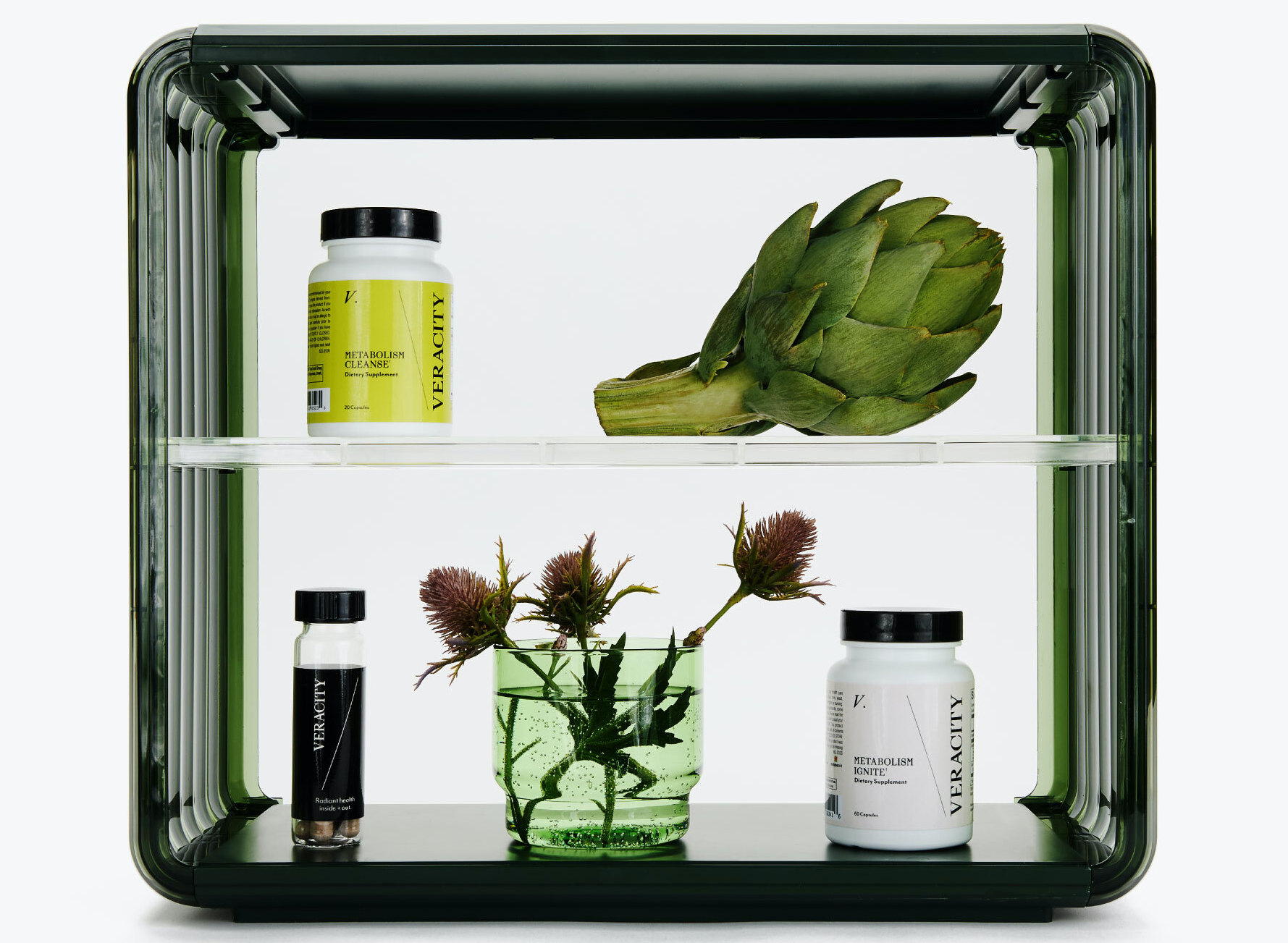
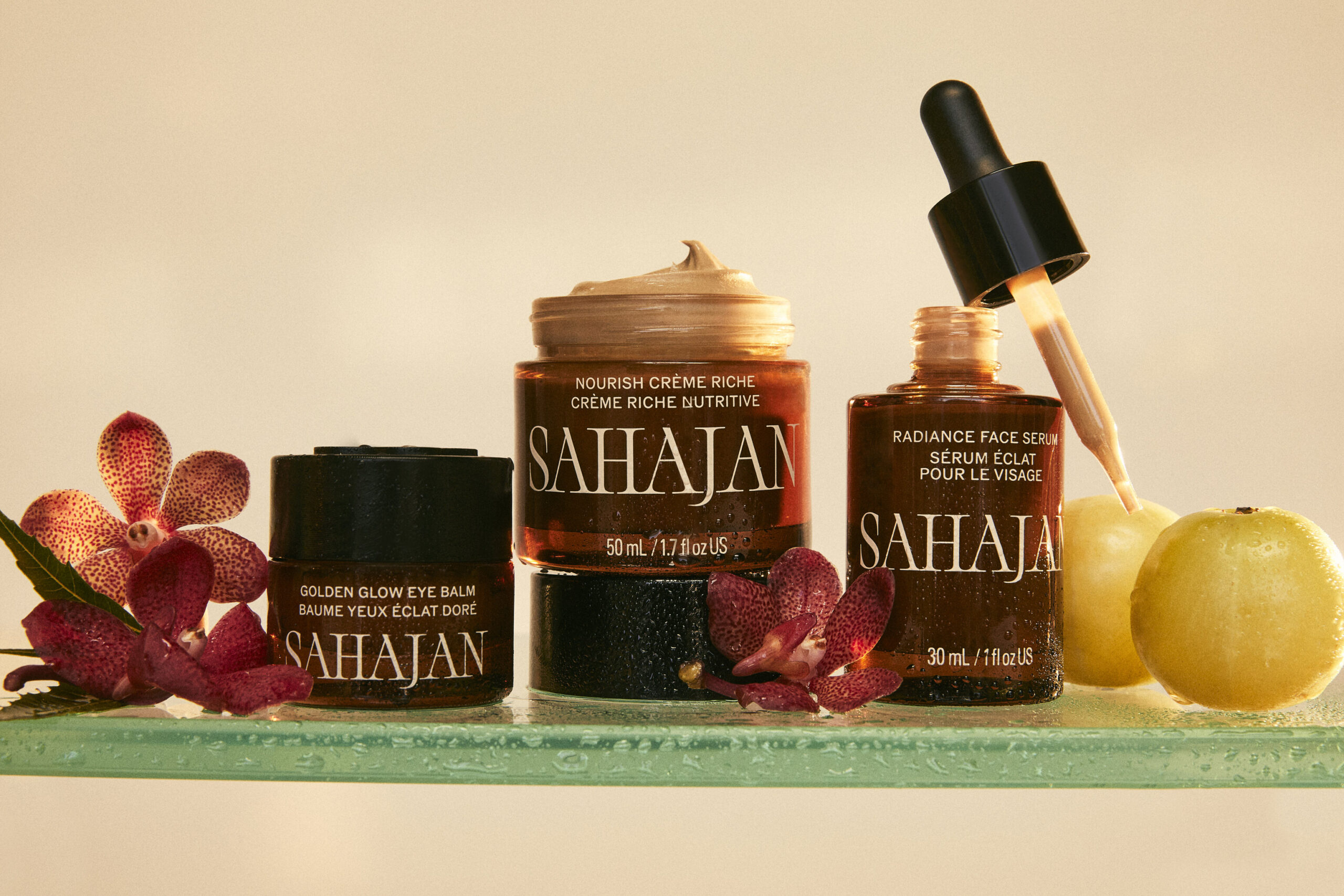











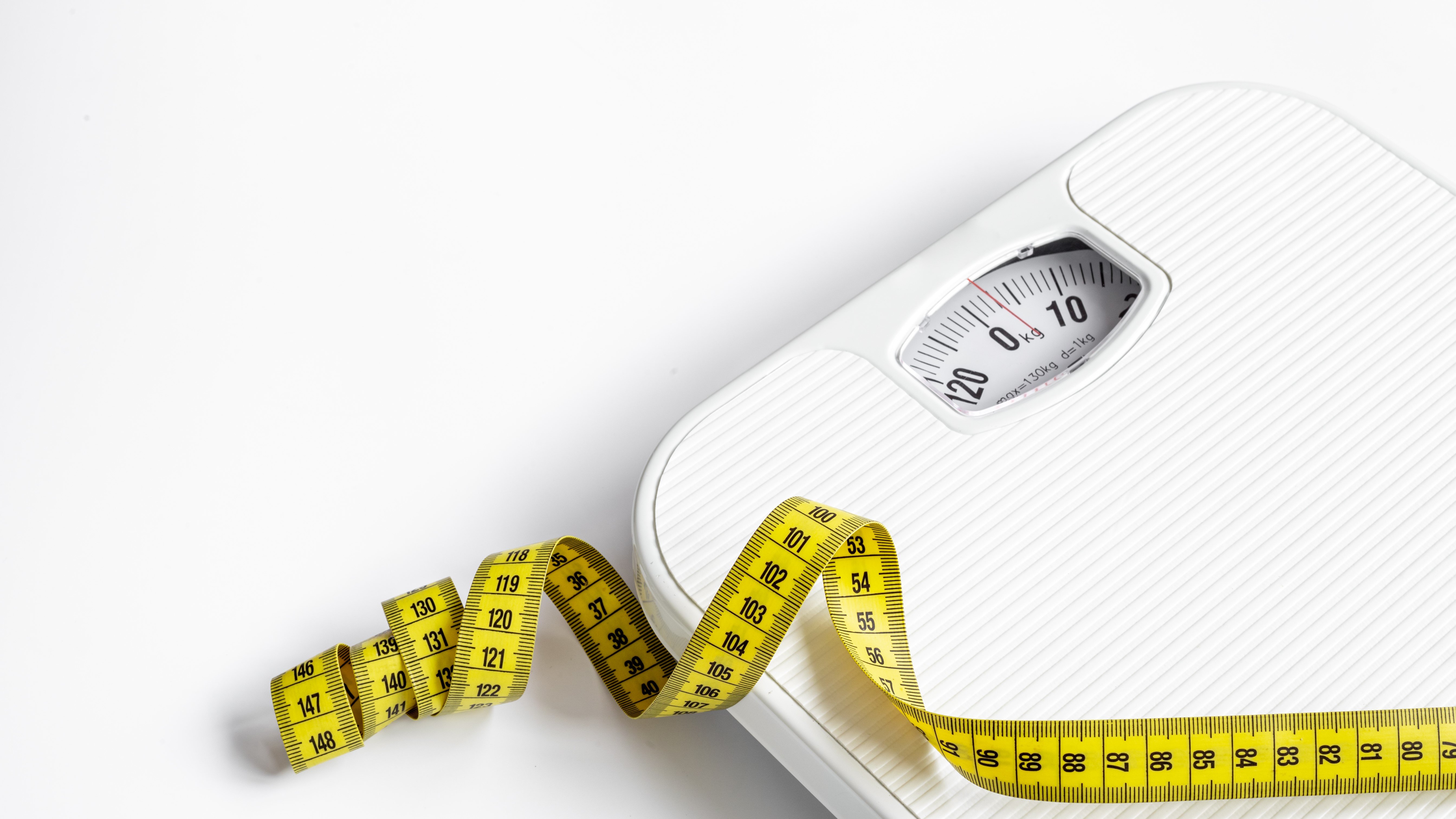



























![The American contingent and Turkey’s autonomy goals: Paris Air Show Day 3 [Video]](https://breakingdefense.com/wp-content/uploads/sites/3/2025/06/Wednesday-Wrap.00_00_32_21.Still001.png?#)
![A look at the jets flying high above the Paris Air Show [PHOTOS]](https://breakingdefense.com/wp-content/uploads/sites/3/2025/06/Rafale_02-scaled-e1750268097167.jpg?#)










































